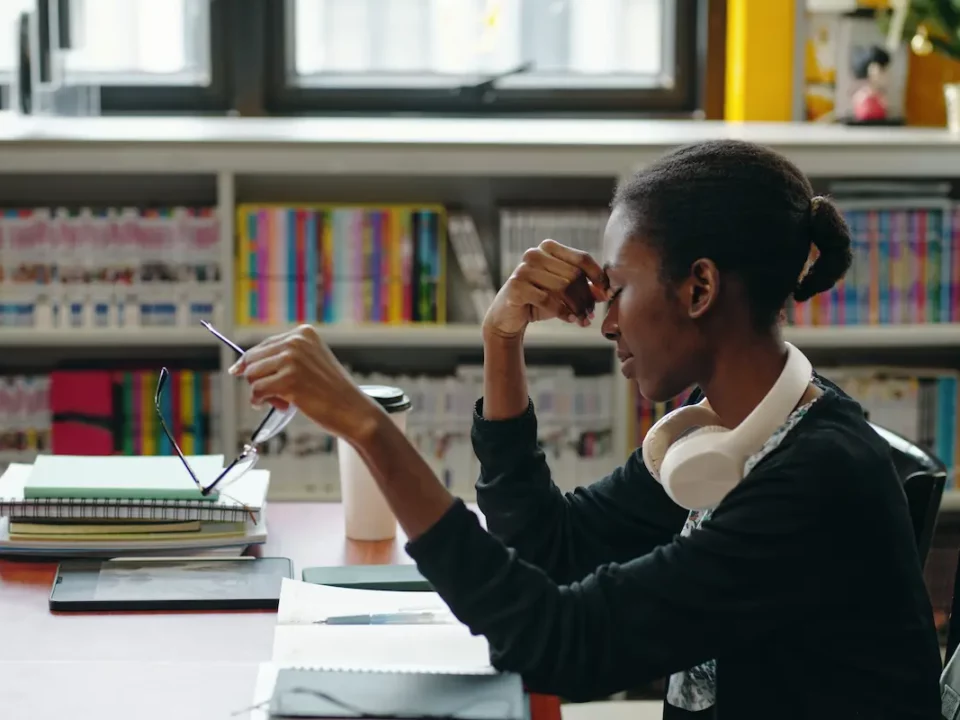Handwriting and Memory Retention: A Learning Boost for Students

Today, more and more students find themselves learning in environments dominated by keyboards and touchscreens. It’s no surprise that writing by hand has taken a backseat to typing, with many students opting for their computers over a notebook and pen simply because it’s easier and more efficient. However, a recent study from Frontiers in Psychology revealed something interesting: students who write by hand tend to have better recall and deeper understanding than those who stick solely to technology. So, it turns out that handwriting and memory retention are pretty closely linked!
The study looked at brain activity in 36 university students as they wrote by hand with a digital pen and typed on a keyboard. According to Audrey van der Meer, co-author of the study from the Norwegian University of Science and Technology, “We show that when writing by hand, brain connectivity patterns are far more elaborate than when typewriting on a keyboard.” These connections play a big role in memory and learning, suggesting that writing by hand helps with memory retention, and typing doesn’t have that same impact on recall.
Writing by hand is more than just putting words on paper. It’s a full-on brain workout. It engages motor skills, visual processing, and thinking all at once. When students write, they have to coordinate their hand movements with their thoughts, which helps them process and understand information better. Typing, on the other hand, is more automatic and doesn’t require the same level of focus or deep thinking.
With technology taking over so much of our daily lives, it’s easy to forget just how valuable handwriting is in education. But research shows, time and time again, that students learn better when they write things down by hand. Picking up a pen and paper isn’t just old-school. It actually helps with deeper learning, better memory, and stronger cognitive skills. For teachers and parents, understanding the link between handwriting and memory retention can make a big difference in setting students up for success.



